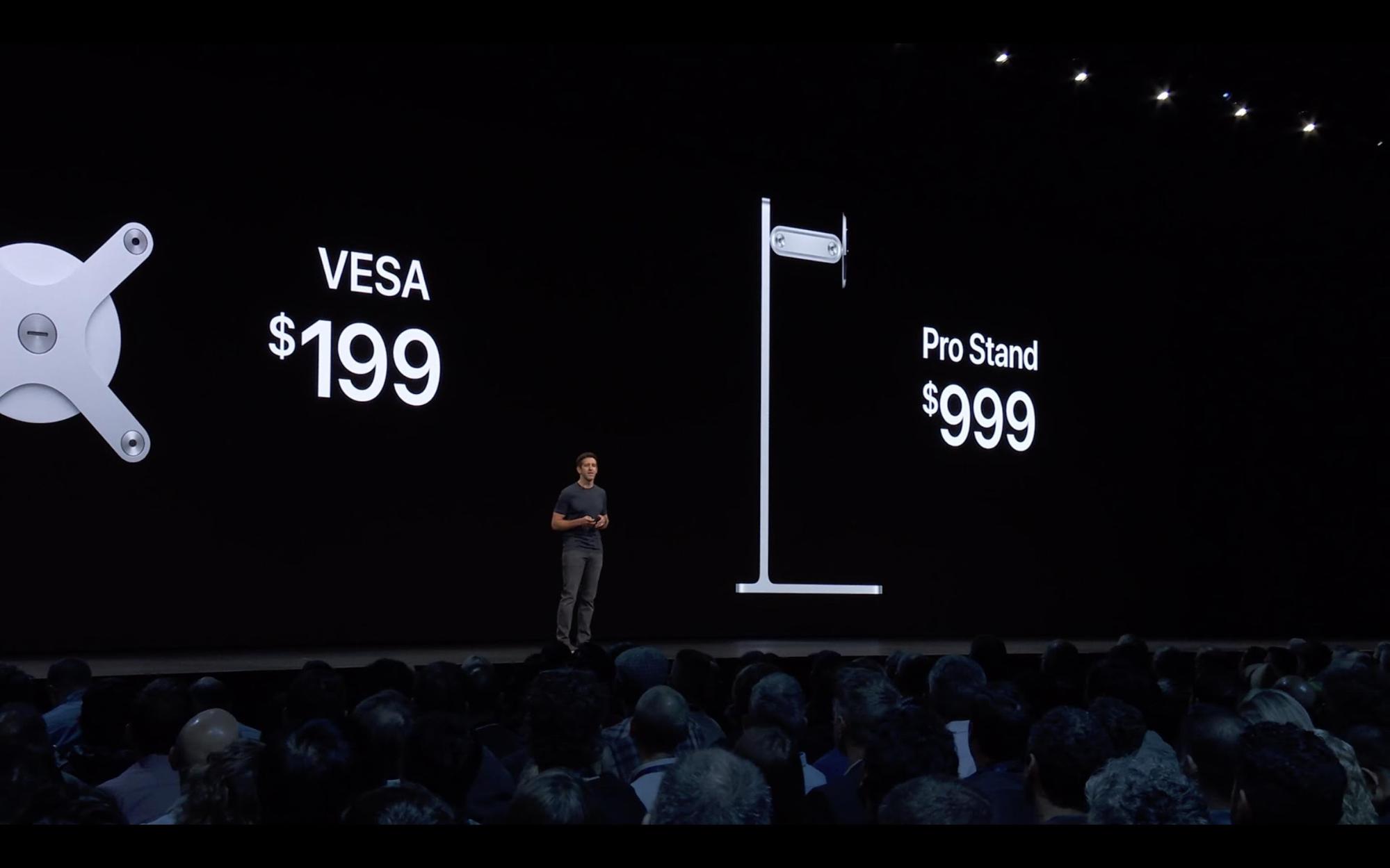On the contrary, I'm here for a reasonable discussion. Okay, I see that now, my bad. And I see a little more clearly what the intent in this article was now. Your a graphics guy, and making graphics comparisons is totally fair. But I think your bias is coming out in your article and rhetoric. I could be wrong. My bias was definitely in my comment. My point is that Apple markets these as power efficient chips and it's unfair to make it more than that. If you look at the graphs Apple makes to demonstrate the performance of the M1 and M2 chips, they are designed to highlight the power consumption based on similar performance of other chips. They don't always specify what they are comparing it to or don't always show the full processing power of the compared chip, but that's not the point. They are simply trying to demonstrate power efficiency, not raw power. However, because of the integrated nature of their own SOC combined with the rest of their hardware and software, people are getting real world performance that exceeds expectations.
Fair enough, but the big issue with Apple is that they set up straw men to then knock down.
"3.3 times faster GPU than the last Intel-based MacBook Pro!"
Yeah, but SO WHAT!? The previous Intel MacBook Pro had a totally anemic Intel GPU that can't even come close to competing with anything AMD and Nvidia make. As I've pointed out, if Apple were interested in a real showdown, it would be doing comparisons against the AMD Ryzen 7 6800U, which is already available and delivers good battery life, high graphics performance, and has eight Zen 3 CPU cores. But Apple isn't interested in "fair" comparisons, nor does it want to even acknowledge that the dominant PC hardware ecosystem exists.
M1 is a great chip for its intended purpose, and M2 builds on that, albeit in incremental ways. However, the benchmarks Apple uses often include doing video editing / transcoding where its latest additions (like ProRes acceleration) can make it run circles around the competition. It's like comparing performance with an AVX-512 accelerated application against the same task accomplished using standard FP64 instructions on an older CPU. "Look, we're 10X more efficient and faster!" (AMD and Intel have done basically exactly that in the past, though, so Apple isn't alone...)
There's also a big question on actual power use from the MacBooks with M1 and M2. Apple often uses a best-case efficiency scenario to highlight its advantages, just like AMD, Nvidia, and Intel. Nvidia said the Ampere architecture was twice the performance per watt as Turing, except that was only if you happened to compared a power optimized (e.g. a mobile chip) against a performance focused desktop part. The actual retail products aren't really much better in terms of performance per watt. RTX 3080 is about 25–30% faster than RTX 2080 Ti, and uses 27% more power. LOL.
Anyway, I am a GPU guy so that was my focus, mostly because I was irritated by Apple's GPU comparisons with meaningless hardware. I really want to get an M2 MacBook in hand and do some serious GPU testing. The problem is that the options for comparing Windows to Mac performance for GPUs are far more limited, often requiring the use of completely synthetic benchmarks like GFXBench, 3DMark, Geekbench, etc. I don't use Macs (at all), but if I can borrow one for a bit I'll have to see what recent Steam games work on both Windows and Mac and try to put together some comparisons. I suspect it will end up being GPU performance about on par with the Ryzen 6800U.




